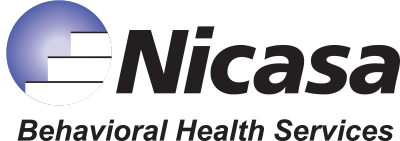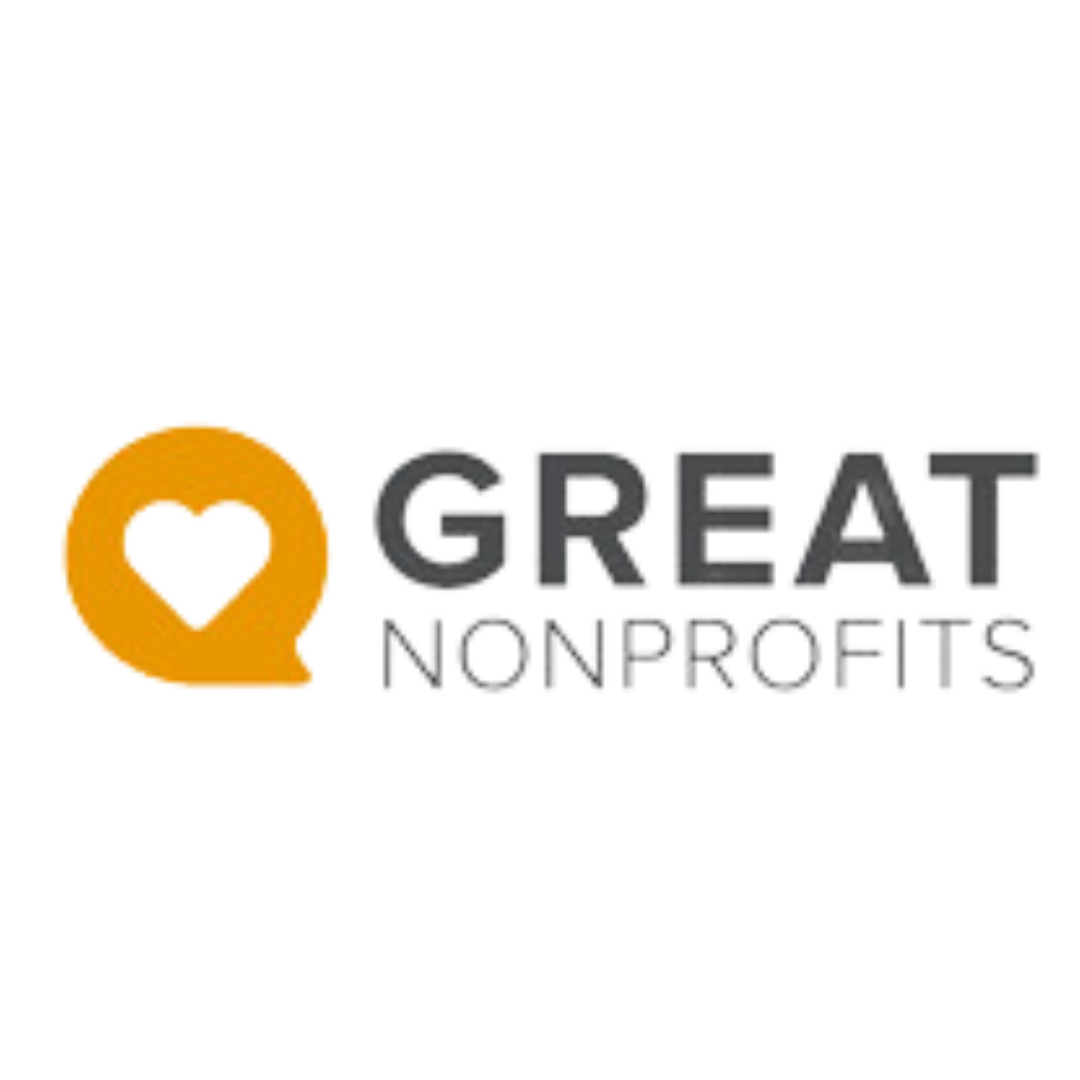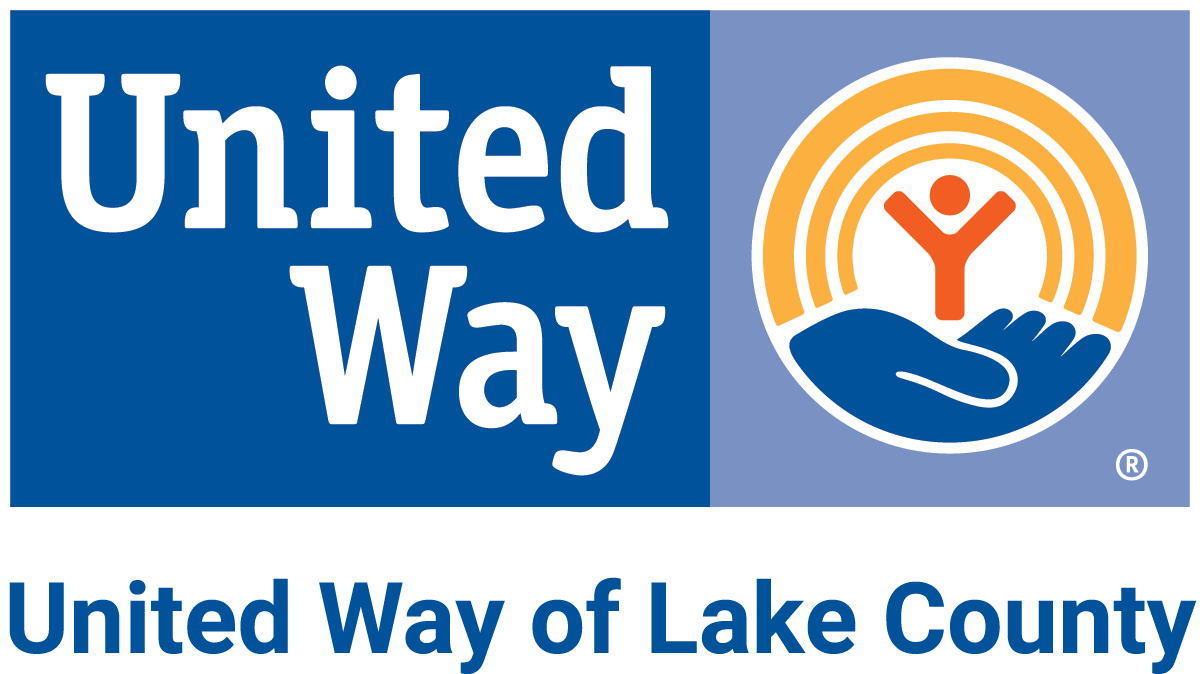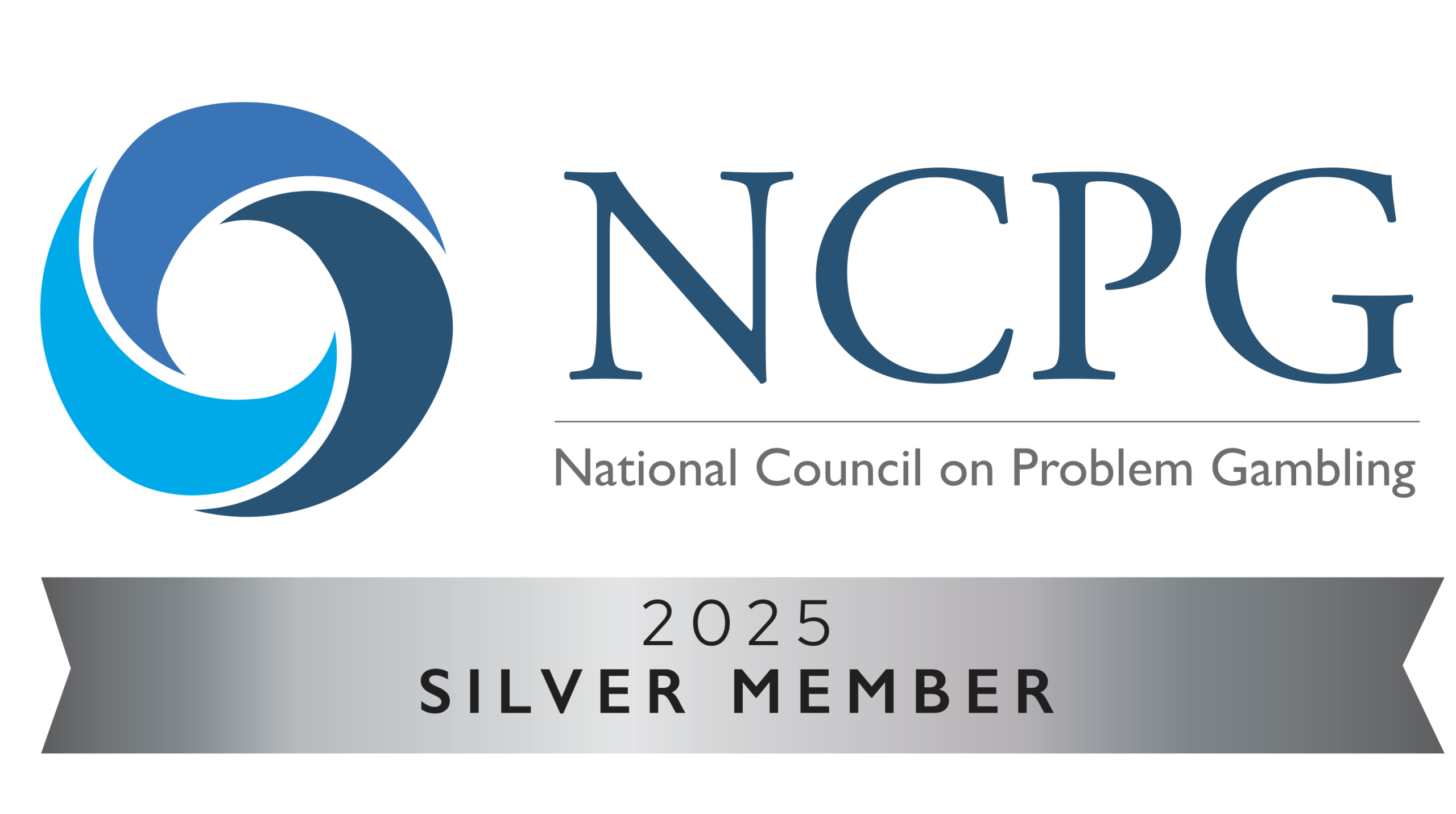May is Mental Health Awareness Month. Often, when someone considers mental health, they view it in a vacuum. That mental health symptoms and concerns are independent and unrelated to other events happening in a person’s life. While this may be true in some situations, for many people their mental health can be partially dependent on challenges and obstacles in their lives.
Something as benign as saying, “You always seem so put together and strong,” can be incredibly damaging and minimizes the challenges a person might be struggling with privately. They may be looking for someone to speak with, but hearing that phrase—while innocent and well-intended—may discourage them since if they are strong all the time, how can they be vulnerable now? Is there even space available for them in which to be vulnerable? One such challenge that often goes unspoken until it feels utterly desperate are money challenges.
Forbes reported in a survey conducted in 2023, 78% of individuals are living paycheck to paycheck in America. This means entire families and individuals have limited to no savings, no financial means to deal with unexpected emergencies and repair bills, have food insecurity concerns, and may face homelessness if there is a missed paycheck. All of these concerns are direct causes of possible declines in mental and physical health. They have an accumulative effect on a person’s mind. This perpetual state of stress can overstimulate the body’s natural survival instincts as well as lead to maladaptive coping strategies to alleviate that tension.

In another survey, 67% of individuals said their income is not keeping up with inflation and 42% said their standard of living is declining. These uncertain financial times, and repetitive national economic declines are affecting those in poverty all the way up to those traditionally considered upper-middle class.
Nicasa Behavioral Health Services recognizes that a person’s ability to thrive and experience recovery are often tied to their most basic needs being met. Nicasa works with individuals and families to understand their financial situation and find ways to help remove some barriers so they can have improved access to behavioral health and social services. Some of the ways Nicasa offers assistance is:
- Having financial institutions come in to talk with groups about debt relief options and strategies to better manage finances.
- Providing Marketplace Insurance Navigators at no cost to individuals who need assistance with finding insurance coverage.
- Arranging payment plans and exploring sliding scale options to reduce overall cost.
- No cost Family Advocacy Services that can help provide individuals with connections to food banks, community partners, and determine eligibility for economic assistance through the state.
- Care Coordination case management for individuals in treatment services that includes warm hand-offs to partnering agencies so individuals can have their concerns and unmet needs addressed, allowing them to fully focus on their recovery.
Nicasa also explores grants and fundraising opportunities that can directly support uninsured and underinsured individuals and families to help alleviate the financial burdens of essential mental health and substance use services.
If you or a loved one are experiencing challenges with mental health, gambling, and/or substance use, please contact Nicasa at 847-546-6450 or email info@nicasa.org.
Share This Story, Choose Your Platform!
Browse Topics
- Community Services / Coalitions
- Company News
- Diversity, Equity, Inclusion, & Justice (DEIJ)
- Driving Under the Influence (DUI)
- Early Intervention
- Education
- Gambling
- Harm Reduction/Deflection
- Life Experiences
- Mental Health
- Messages of Solidarity
- Prevention
- Recovery
- Sober Celebrations & Activities
- Social Services
- Substance Use
- Teen/Youth
- Treatment
- Uncategorized












